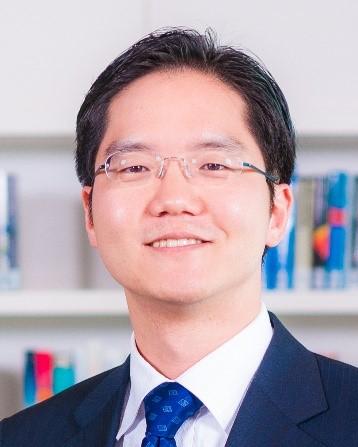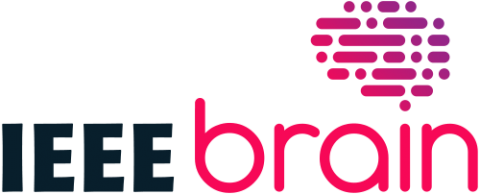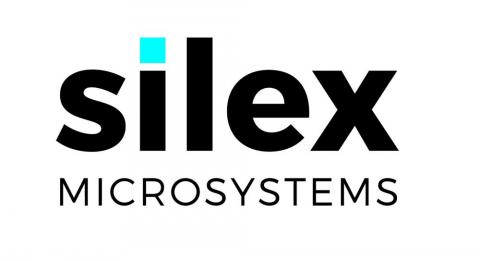Wednesday, October 17
5:00 PM - 6:30 PM
On-Chip Epilepsy Detection: Where Machine Learning Meets Patient-Specific Wearable Healthcare
Abstract
Epilepsy is a severe and chronic neurological disorder that affects over 65 million people worldwide. Yet current seizure/epilepsy detection and treatment largely relies on a physician interviewing the subject, which is not effective in infant/children group. Moreover, patient-to-patient and age-to-age variation on seizure pattern make such detection particularly challenging. To expand the beneficiary group to even infants, and also to effectively adapt to each patient, a wearable form-factor, a patient-specific system with machine learning is of crucial. However, the wearable environment is challenging for circuit designers due to unstable skin-electrode interface, huge mismatch, and static/dynamic offset.
This tutorial will cover the design strategies of patient-specific epilepsy detection System-on-Chip (SoC). We will first explore the difficulties, limitations and potential pitfalls in wearable interface circuit design, and strategies to overcome such issues. Starting from a single op-amp instrumentation amplifier (IA), we will cover various IA circuit topologies and their key metrics to deal with offset compensation. Several state-of-the-art instrumentation amplifiers that emphasize on different parameters will also be discussed. Moving on, we will look into the feature extraction and the patient-specific classification using Machine Learning technique. Three different classifiers will be introduced, and mapped into hardware. Finally, an on-chip epilepsy detection and recording sensor SoC will be presented, which integrates all the components covered during the lecture. The lecture will conclude with interesting aspects and opportunities that lie ahead.
Speaker Biography
Jerald Yoo (S’05-M’10-SM’15) received the B.S., M.S., and Ph.D. degrees in Department of Electrical Engineering from the Korea Advanced Institute of Science and Technology (KAIST), Daejeon, Korea, in 2002, 2007, and 2010, respectively.
From 2010 to 2016, he was with the Department of Electrical Engineering and Computer Science, Masdar Institute, Abu Dhabi, United Arab Emirates, where he was an Associate Professor. Since 2017, he has been with the Department of Electrical and Computer Engineering, National University of Singapore, Singapore, where he is currently an Associate Professor. He has pioneered researches on low-energy body-area-network (BAN) transceivers and wearable body sensor network using the planar-fashionable circuit board for continuous health monitoring system. He authored book chapters in Biomedical CMOS ICs (Springer, 2010) and in Enabling the Internet of Things—From Circuits to Networks (Springer, 2017). His current research interests include low-energy circuit technology for wearable bio-signal sensors, flexible circuit board platform, BAN transceivers, ASIC for piezoelectric Micromachined Ultrasonic Transducers (pMUT) and System-on-Chip (SoC) design to system realization for wearable healthcare applications.
Dr. Yoo is an IEEE Solid-State Circuits Society’s Distinguished Lecturer. He is the recipient or a co-recipient of several awards: the IEEE International Circuits and Systems (ISCAS) 2015 Best Paper Award (BioCAS Track), ISCAS 2015 Runner-Up Best Student Paper Award, the Masdar Institute Best Research Award in 2015 and the IEEE Asian Solid-State Circuits Conference (A-SSCC) Outstanding Design Awards (2005). He was the Vice Chair of IEEE Solid-State Circuits Society (SSCS) United Arab Emirates (UAE) Chapter. Currently, he serves as a Technical Program Committee Member of the IEEE A-SSCC, IEEE Custom Integrated Circuits Conference (CICC), and the IEEE International Solid-State Circuits Conference (ISSCC) Student Research Preview (SRP). He is also an Analog Signal Processing Technical Committee Member of IEEE Circuits and Systems Society.













